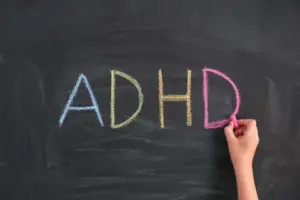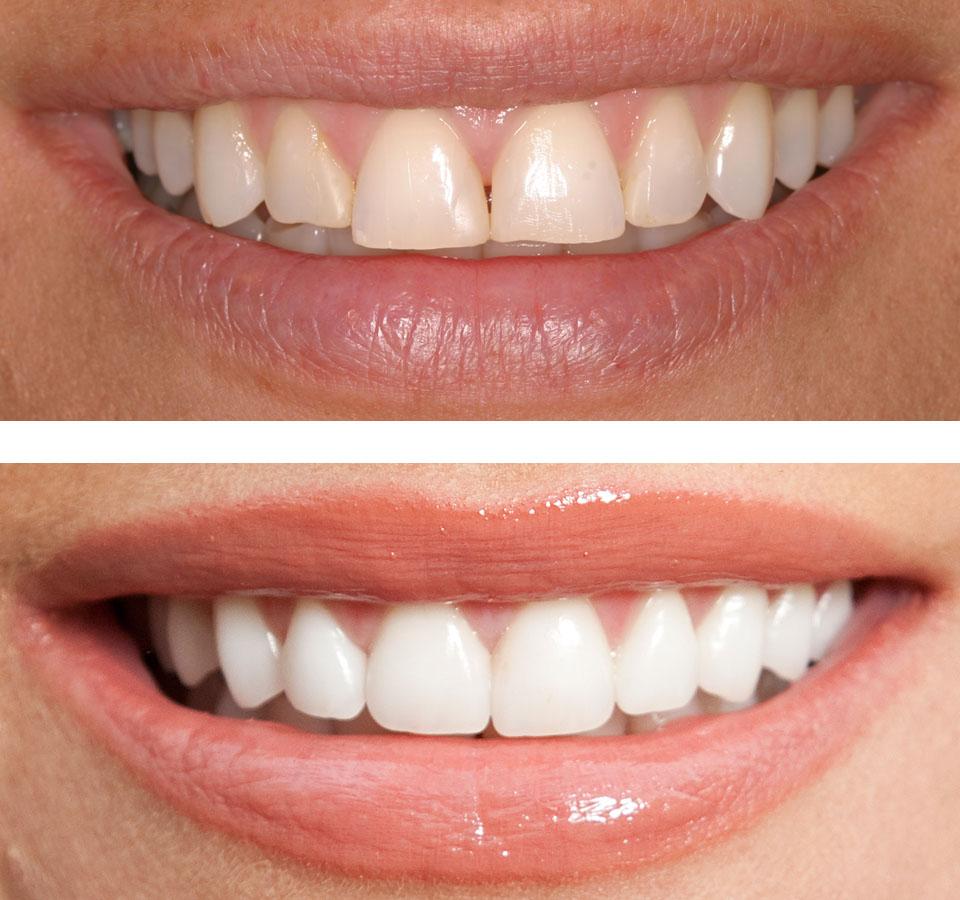Exploring Behavioral Therapy as a Key Component of ADHD Treatment
Attention Deficit Hyperactivity Disorder (ADHD) is a neurodevelopmental disorder that affects individuals’ ability to focus, control impulses, and regulate their energy levels. While medications like stimulants are often the first line of treatment, behavioral therapy has emerged as a crucial component in managing ADHD symptoms. In this article, we delve into the role of behavioral therapy in ADHD treatment, its effectiveness, and various techniques employed to enhance self-regulation and executive functioning.
Understanding ADHD Treatment
ADHD treatment typically involves a combination of medication, therapy, and behavioral interventions. Medications stimulants and non-stimulants are commonly prescribed to manage symptoms like inattention, impulsivity, and hyperactivity. However, while medications can be effective in reducing symptoms, they may not address all aspects of ADHD or be suitable for everyone.
The Importance of Behavioral Therapy
Behavioral therapy plays a crucial role in ADHD treatment by focusing on modifying behavior patterns, developing coping strategies, and improving executive functioning skills. Unlike medications, which primarily target symptoms, behavioral therapy aims to address underlying issues contributing to ADHD symptoms, such as poor impulse control, time management difficulties, and low frustration tolerance.
Effectiveness of Behavioral Therapy in ADHD Treatment
Numerous studies have demonstrated the effectiveness of behavioral therapy as a standalone or adjunctive treatment for ADHD. It can be equally effective as medication in school-aged children and adolescents.
Critical Components of Behavioral Therapy
Behavioral therapy for ADHD encompasses various approaches and techniques tailored to individual needs. Some of the critical components include:
- Behavioral Modification Techniques involve identifying problem behaviors, setting specific goals, and implementing strategies to reinforce positive behaviors while minimizing negative ones. Examples include token economies individuals earn rewards for desired behaviors, and response cost, where privileges are revoked for undesirable behaviors.
- Cognitive-behavioral therapy (CBT) focuses on identifying and challenging negative thought patterns and developing effective coping strategies. It helps individuals with ADHD recognize distorted thinking patterns, such as catastrophizing or black-and-white thinking, and replace them with more balanced and adaptive thoughts.
- Parent Training: Parent training programs provide parents with the skills and strategies to manage their child’s ADHD symptoms effectively. These programs typically include education about ADHD, behavior management techniques, communication skills, and methods for fostering positive parent-child relationships.
- Social Skills Training: Many individuals with ADHD struggle with social interactions and relationships. Social skills training helps them develop essential skills such as active listening, assertiveness, and conflict resolution, improving their interpersonal relationships and self-esteem.
- Organizational Skills Training: Organizational skills are often impaired in individuals with ADHD, leading to difficulties in managing time, prioritizing tasks, and maintaining order. Organizational skills training focuses on teaching strategies for planning, time management, task prioritization, and setting realistic goals.
Combining Behavioral Therapy with Medication
While behavioral therapy can be effective on its own, it is often used in conjunction with medication for comprehensive ADHD treatment. Combining medication with behavioral therapy can enhance the overall effectiveness of treatment and provide individuals with a broader range of coping strategies to manage their symptoms effectively.
Conclusion
Behavioral therapy is a vital component of ADHD treatment, offering individuals with ADHD valuable skills and strategies to manage their symptoms and improve their quality of life. By targeting underlying behavioral and cognitive processes, behavioral therapy addresses the root causes of ADHD symptoms. It equips individuals with the tools they need to thrive.



